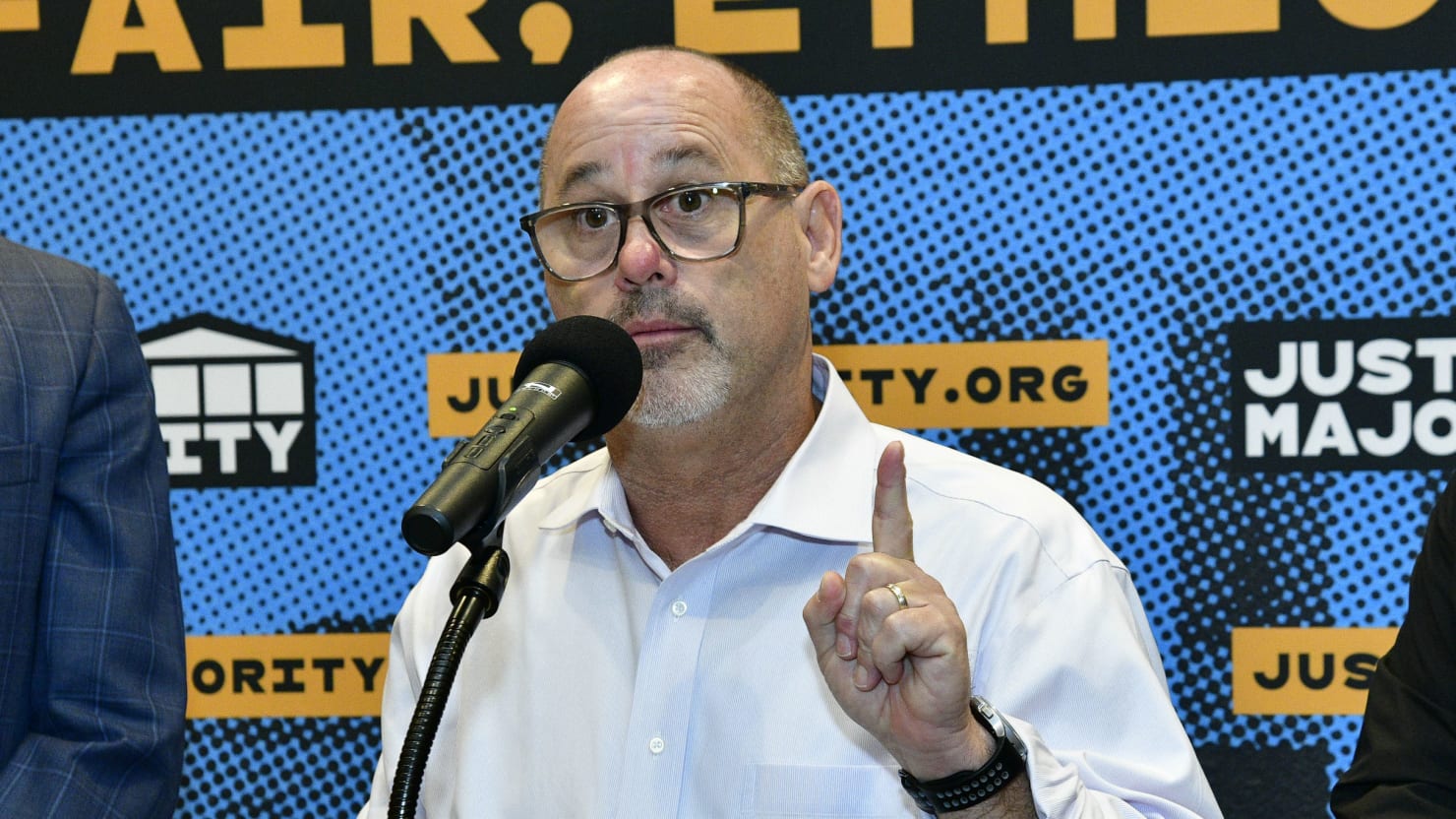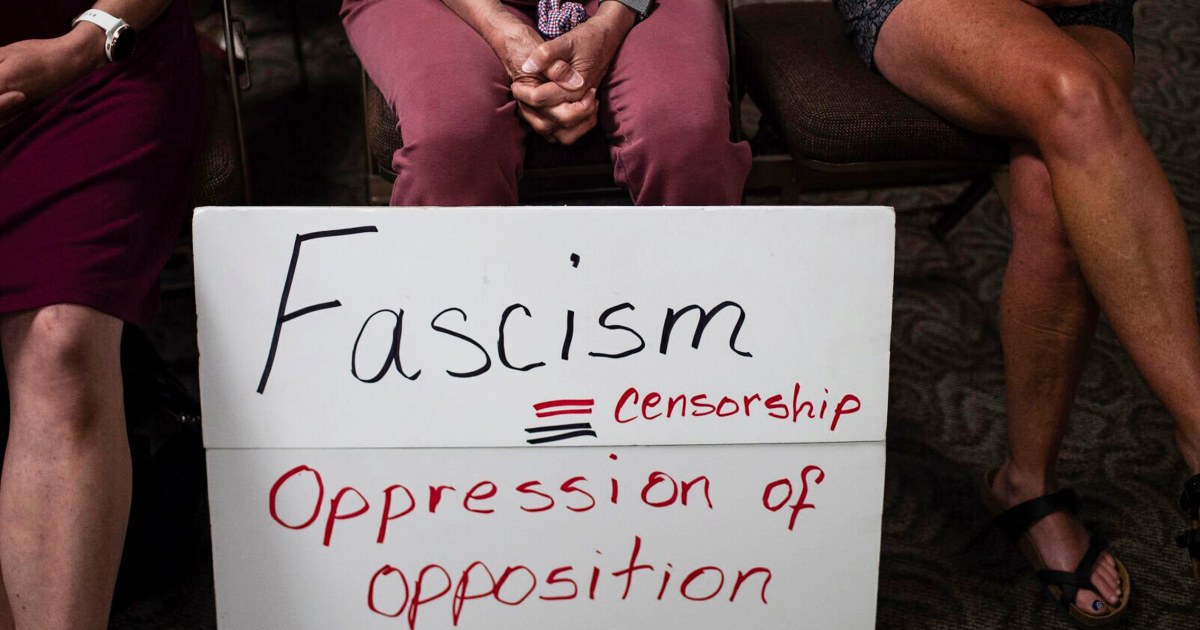Sixties Fan
Diamond Member
- Mar 6, 2017
- 58,442
- 11,067
- Thread starter
- #1,501
In response to Donald Trump’s false claim on Meet the PressSunday morning that Democrats support an abortion policy that allows doctors to “kill the baby after birth,” gun violence prevention advocate Fred Guttenberg tweeted, “Beyond this being a truly dumb lie, here are facts. My baby was killed after birth because of gun violence. Republicans, by blocking gun violence prevention, apparently support killing babies after birth.” Guttenberg has become a prominent voice on the issue following the 2018 murder of his teenage daughter Jaime and several others by a mass shooter at Marjory Stoneman Douglas High School in Parkland, Florida.
(full article online)

(full article online)

Parkland Dad Blasts Trumpâs âKilling Babies After Birthâ Lie
Fred Guttenberg, who became a gun control advocate after his teenage daughter was shot and killed, called out the former president for his hypocritical comments after abortion.
www.thedailybeast.com









:focal(0x653:3000x2000)/static.texastribune.org/media/files/7c3e9def241250e6fe7e5b77cbe727d2/Long%20Play%20Lounge%20SP%20TT%2012.jpg)
